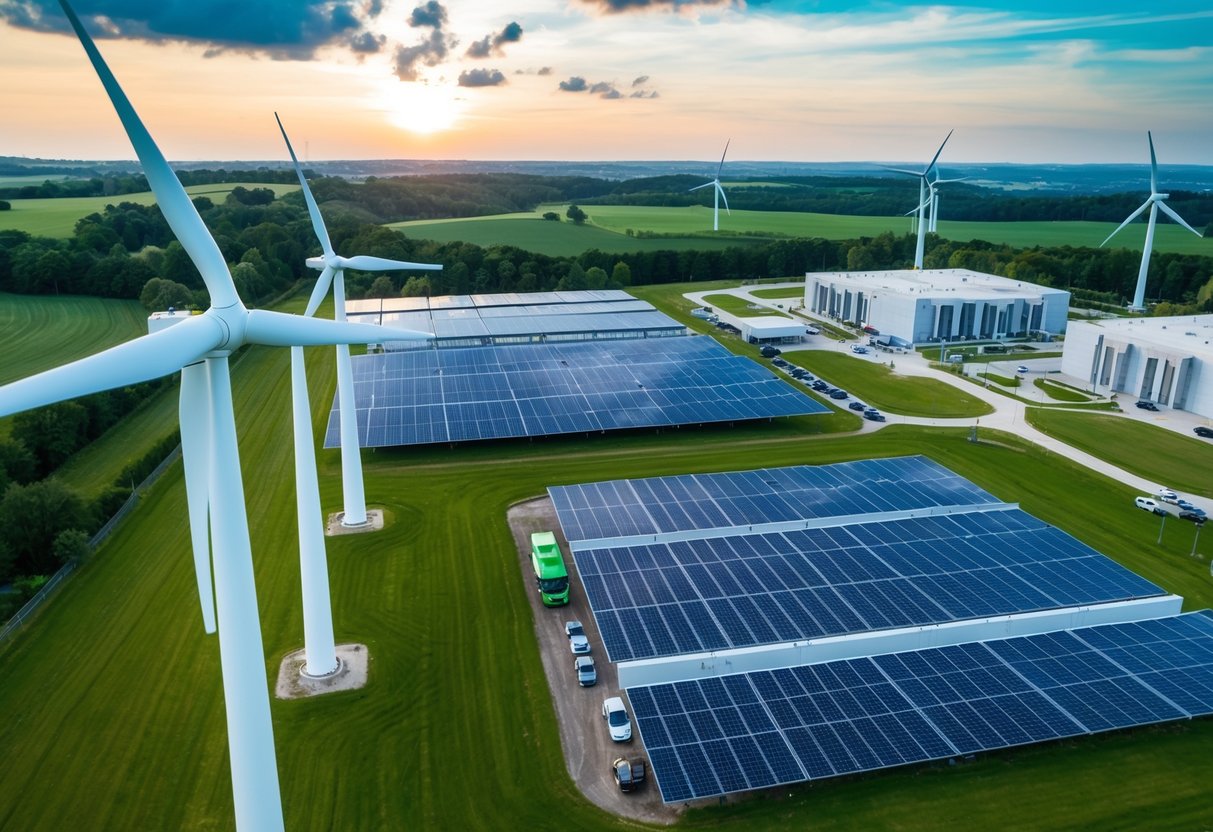
As the world becomes increasingly aware of the impacts of climate change and social issues, sustainable investing is gaining momentum among investors eager to align their financial goals with their values. This investment approach focuses on environmental, social, and governance (ESG) criteria to identify companies that are committed to making a positive impact. Sustainable investing not only helps in addressing critical global challenges but also offers the potential for robust financial performance.
Interest in sustainable investing grows as companies and individuals seek to future-proof their portfolios against emerging risks and opportunities. By integrating ESG factors into investment strategies, investment management professionals can uncover areas of growth while promoting responsible business practices. This method encourages businesses to engage in sustainable practices and often results in companies that strive for longevity and adaptability in a changing world.
Investors seeking to navigate the complexities of modern markets will find that sustainable investing offers a disciplined framework for evaluating potential investments. Supporting businesses that prioritize ethical governance and resource efficiency can lead to better financial outcomes over the long term. This approach not only mitigates risk but also aligns investment portfolios with ethical commitments, creating a mutually beneficial situation for investors and society alike.
The Fundamentals of Sustainable Investing
Sustainable investing centers around making decisions that support long-term growth while considering factors beyond financial returns. Careful evaluation of environmental, social, and governance (ESG) aspects helps investors assess the real impact of their investments.
Understanding ESG and Its Importance
ESG stands for Environmental, Social, and Governance. These criteria help investors evaluate potential investments beyond traditional financial metrics. The environmental component focuses on a company’s impact on the planet, such as carbon footprint and resource usage.
Social criteria consider how a company manages relationships with employees, suppliers, customers, and communities. The governance aspect relates to a company’s leadership, executive pay, audits, internal controls, and shareholder rights. Together, these elements provide a comprehensive view of an organization’s ethical impact and sustainability practices.
Sustainable investing uses these criteria to identify companies that are not only financially viable but also socially responsible. ESG analysis can uncover hidden risks and opportunities, offering a deeper understanding of a company’s long-term potential. This makes ESG considerations essential for future-proofing portfolios by aligning investments with broader ethical values.
The Growth of Sustainable Investment Funds
Over recent years, there has been a significant increase in sustainable investment funds. This growth reflects the rising demand for investments that incorporate ESG factors. Such funds often exclude industries with negative impacts, like fossil fuels or tobacco, and instead, seek companies committed to positive change.
This shift is driven by heightened awareness among investors about their environmental and social responsibilities. Many see sustainable funds as prudent investments that can lead to both positive societal outcomes and financial returns. As regulations evolve, the focus on transparency and accountability in sustainability reporting is expected to intensify, potentially bolstering the attractiveness of these funds further.
Investors now have more opportunities and options to align their portfolios with their values, making sustainable funds an appealing choice.
Sustainability in Action
Investors increasingly seek opportunities within the vast potential of global sustainable practices. Focus on renewable energy, conservation efforts, biodiversity preservation, and sustainable food systems presents pathways for both ethical considerations and financial returns.
Renewable Energy and Clean Technology
The renewable energy sector has revolutionized traditional power paradigms, emphasizing solar, wind, and hydroelectric solutions. These energy resources reduce carbon footprints and promote cleaner air, vital for both environmental health and economic development. Businesses investing in clean technology incorporate systems such as advanced battery storage and grid innovations.
New technologies enable efficient energy use while balancing demand and supply. Scaling these innovations worldwide challenges traditional energy infrastructures and invites investor interest through government incentives and declining technology costs.